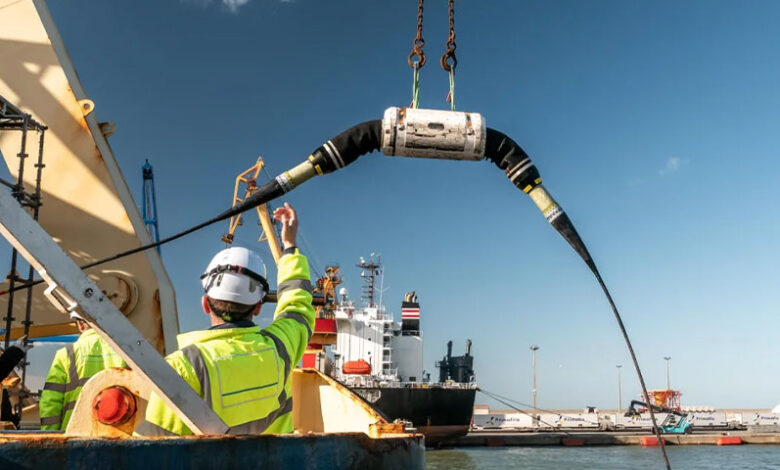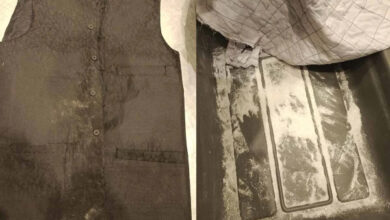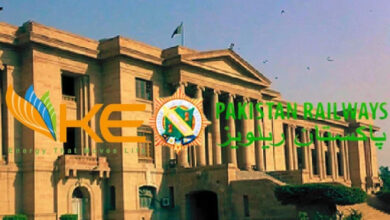Pakistan Launches ‘2Africa Cable’ Project to Enhance Internet Services Amidst Connectivity Challenges

In a bid to address internet service issues in the country, the government has launched the ‘2Africa Cable’ project. The project, which involves one of the world’s largest submarine internet cable systems, is expected to improve internet speeds in Pakistan. The landing station of the ‘2Africa’ cable has been established at Hawks Bay, Keamari Town in Karachi.
This extensive project consists of a 45,000-kilometer long submarine cable network, connecting 46 landing stations across 33 countries. The responsibility of the project’s operations in Pakistan has been entrusted to Transworld Associates.
While experts are optimistic that this new cable will help resolve Pakistan’s slow internet issues, some concerns have been raised about whether it could face similar challenges as previous cables, especially being prone to damage by sharks. To explore this, experts were consulted to determine how this cable might perform compared to previous ones.
According to Sajad Mustafa, President of the Pakistan IT Association, while the government has introduced several cables, including one from Transworld, which is yet to go live, improving internet connectivity also requires immediate actions like the auction of 5G licenses and network fiberization. “The arrival of these cables will certainly improve connectivity, but it’s crucial that the infrastructure does not face any constraints that could slow down internet speeds,” he stated.
In response to concerns about sharks, Sajad Mustafa acknowledged that no physical cable is entirely immune to damage, and thus the management of these cables will be key to ensuring their functionality.
A spokesperson from the Pakistan Telecommunication Authority (PTA), Zeeba Nisa, mentioned that the PTA has made significant strides in improving international connectivity, with Transworld Associates playing a key role in facilitating the 2Africa submarine cable landing. The ‘2Africa’ system, which is one of the largest submarine cable systems in the world, offers a capacity of 180 terabits per second, linking Africa, Europe, and the Middle East.
The 2Africa cable is expected to be operational in Pakistan by the fourth quarter of this year, with a global consortium of eight partners, including Meta and Vodafone, involved in the project. The first phase of the installation began on December 1, 2024, when the cable landed at Karachi’s Hawks Bay, with the second phase set to begin in April 2025.
Although the PTA did not directly address the shark-related concerns, they emphasized that the project will significantly strengthen Pakistan’s international telecommunication infrastructure.
In a recent Senate IT committee meeting, PTA Chairman Hafeez Rehman had stated that sharks could not cut submarine cables, adding that any other causes of damage would be addressed accordingly.
IT expert Muhammad Umar Aslam shared his perspective with V News, clarifying that shark bites are rarely responsible for damage to submarine cables. He suggested that issues such as storms, earthquakes, or human errors are more likely to cause disruptions. According to Aslam, the misconception that sharks are to blame for internet issues has led to delayed repairs in Pakistan, whereas cable faults typically resolve within hours in other regions.
Experts believe the new cables will improve internet speed, but they emphasize that systemic issues within the country, including frequent internet shutdowns and deliberate slowdowns by the government, remain major factors affecting internet service quality. Aslam concluded that addressing these broader issues is essential to truly improving Pakistan’s internet infrastructure.






